
 |
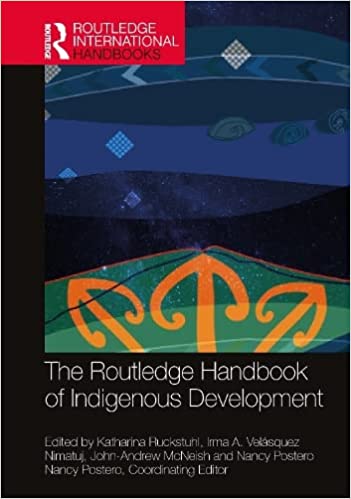 English | 2022 | ISBN: 978-0367697426 | 539 pages | True PDF | 22.15 MB This Handbook inverts the lens on development, asking what Indigenous communities across the globe hope and build for themselves. In contrast to earlier writing on development, this volume focuses on Indigenous peoples as inspiring theorists and potent political actors who resist the ongoing destruction of their livelihoods. To foster their own visions of development, they look from the present back to Indigenous pasts and forward to Indigenous futures. Key questions: 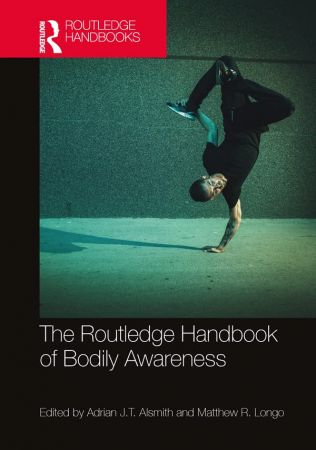 English | 2022 | ISBN: 0367337312 | 571 pages | True PDF | 80.07 MB Bodily awareness is one of the most interesting and enigmatic forms of experience. Our earliest and most pervasive form of conscious experience, it also arguably remains the most private. Bodily awareness has also long played a central role in the study of the mind and self-consciousness, and is fundamental to much current philosophical and psychological research. The Routledge Handbook of Bodily Awareness is an outstanding reference source to this fascinating subject. Comprising over thirty chapters by an international team of contributors, the Handbook is divided into seven parts: 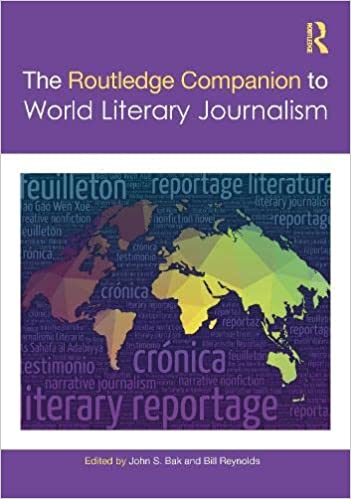 English | 2022 | ISBN: 978-0367355241 | 579 pages | True PDF | 76.35 MB This cutting-edge research companion addresses our current understanding of literary journalism's global scope and evolution, offering an immersive study of how different nations have experimented with and perfected the narrative journalistic form/genre over time. The Routledge Companion to World Literary Journalism demonstrates the genre's rich genealogy and global impact through a comprehensive study of its many traditions, including the crónica , the ocherk , reportage, the New Journalism, the New New Journalism, Jornalismo literário , periodismo narrativo , bao gao wen xue , creative nonfiction, Literarischer Journalismus , As-SaHafa al Adabiyya, and literary nonfiction. Contributions from a diverse range of established and emerging scholars explore key issues such as the current role of literary journalism in countries radically affected by the print media crisis and the potential future of literary journalism, both as a centerpiece to print media writ large and as an academic discipline universally recognized around the world. The book also discusses literary journalism's responses to war, immigration, and censorship; its many female and Indigenous authors; and its digital footprints on the internet. 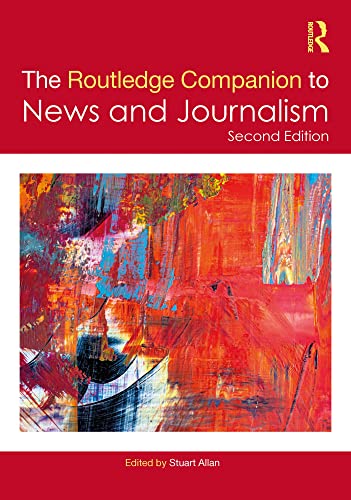 English | 2022 | ISBN: 978-1032005850 | 529 pages | True PDF | 8.11 MB The Routledge Companion to News and Journalism brings together scholars committed to the conceptual and methodological development of news and journalism studies from around the world. Across 50 chapters, organized thematically over seven sections, contributions examine a range of pressing challenges for news reporting – including digital convergence, mobile platforms, web analytics and datafication, social media polarization, and the use of drones. Journalism's mediation of social issues is also explored, such as those pertaining to human rights, civic engagement, gender inequalities, the environmental crisis, and the Black Lives Matter movement. Each section raises important questions for academic research, generating fresh insights into journalistic forms, practices, and epistemologies. The Companion furthers our understanding of why we have ended up with the kind of news reporting we have today – its remarkable strengths, the difficulties it faces, and how we might improve upon it for tomorrow. 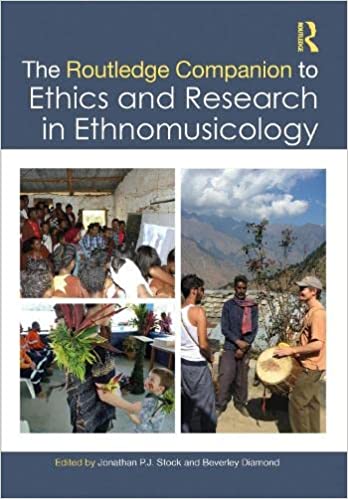 English | 2022 | ISBN: 978-0367490034 | 369 pages | True PDF | 9.17 MB The Routledge Companion to Ethics and Research in Ethnomusicology is an in-depth survey of the moral challenges and imperatives of conducting research on people making music. It focuses on fundamental and compelling ethical questions that have challenged and shaped both the history of this discipline and its current practices. In 26 representative cases from across a broad spectrum of geographical, societal, and musical environments, authors collectively reflect on the impacts of ethnomusicological research, exploring the ways our work may instantiate privilege or risk bringing harm, as well as the means that are available to provide recognition, benefit, and reciprocation to the musicians and others who contribute to our studies. In a world where differing ethical values are often in conflict, and where music itself is meanwhile a powerful tool in projecting moral claims, we aim to uncover the conditions and consequences of the ethical choices we face as ethnomusicologists, thereby contributing to building a more engaged, restructured discipline and a more globally responsible music studies. The volume comprises four parts: (1) sound practices and philosophies of ethics; (2) fieldwork encounters; (3) environment, trauma, collaboration; and (4) research in public domains. [center]  English | 2022 | ISBN: 1789197465 | 1048 pages | True EPUB | 160.67 MB Practical travel guide to Italy featuring points-of-interest structured lists of all sights and off-the-beaten-track treasures, with detailed colour-coded maps, practical details about what to see and to do in Italy, how to get there and around, pre-departure information, as well as top time-saving tips, like a visual list of things not to miss in Italy, expert author picks and itineraries to help you plan your trip. The Rough Guide to Italy covers:Rome and Lazio, Piemonte and Valle D'Aosta, Liguria, Lombardy and the Lakes, Trentino Alto Adige, Venice and the Veneto, Friuli Venezia Giulia, Emilia Romagna, Tuscany, Umbria, Le Marche, Abruzzo and Molise, Campania, Puglia, Basilicata and Calabria, Sicily and Sardinia 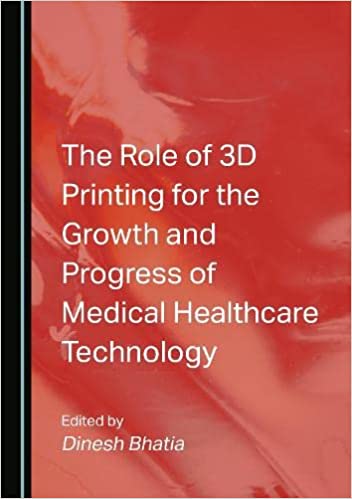 English | 2022 | ISBN: 978-1527582361 | 216 pages | True PDF | 9.19 MB 3D printing came into existence in the early 1980s as additive manufacturing and, over the years, the technology has grown by leaps and bounds. It gained huge popularity in the 2000s, when its importance came into the limelight and its role was explored to help improve capability of humans. The additive technology is being employed in different fields and affecting different aspects of human lives. In the medical field, 3D-printing was seen as one of the biggest breakthroughs and it slowly became an integral part of mainstream medical practice. This book explores the growth and advancement in 3D printing technology in different areas of healthcare and how it is being employed to help in improving patient care with better quality, customized designs and lower costs thereby providing durability and patient comfort. It will provide insight to budding researchers and students to explore the field further. [center]  English | 2022 | ISBN: 1639550631 | 326 pages | True EPUB | 8.93 MB "We are matter and long to be received by an Earth that conceived us, which accepts and reconstitutes us, its children, each of us, without exception, every one. The journey is long, and then we start homeward, fathomless as to what home might make of us." —fromThe River You Touch 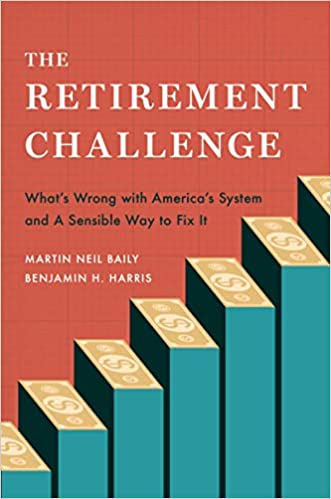 English | 2023 | ISBN: 0197639275 | 298 pages | True EPUB | 6.76 MB A comprehensive plan from two leading experts on how to fix America's outdated retirement system America's retirement system has serious problems. While it works well for some retirees, millions of others don't have the sound retirement they have worked decades to secure. Roughly 40 percent of today's $4 trillion federal budget is devoted to supporting retirees, which will grow to roughly half over the next decade--imperiling the sustainability of the whole system. 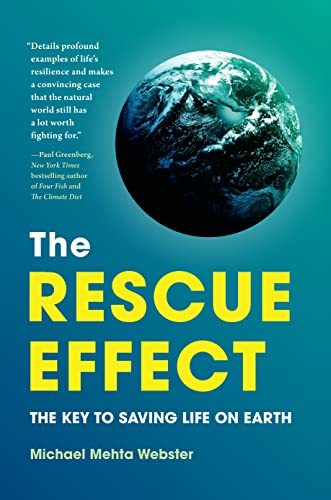 English | 2022 | ISBN: 1643261495 | 296 pages | True EPUB | 5.69 MB "Details profound examples of life's resilience and makes a convincing case that the natural world still has a lot worth fighting for." —Paul Greenberg,New York Timesbestselling author ofFour FishandThe Climate Diet As climate change continues to intensify, the outlook for life on Earth often seems bleak. Yet hope for the future can be found in the "rescue effect," which is nature's innate ability to help organisms persist during hard times. Like a thermostat starting the air conditioning when a room gets too warm, the rescue effect automatically kicks in when organisms are stressed or declining. |